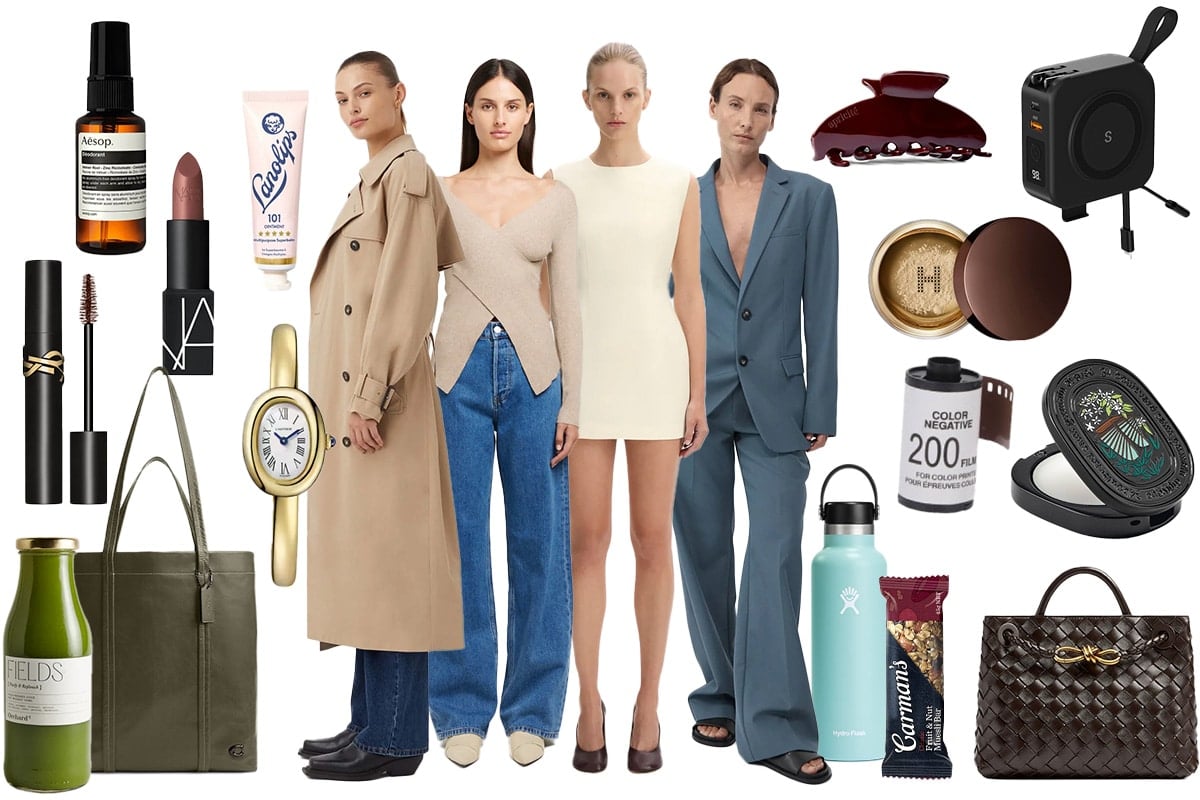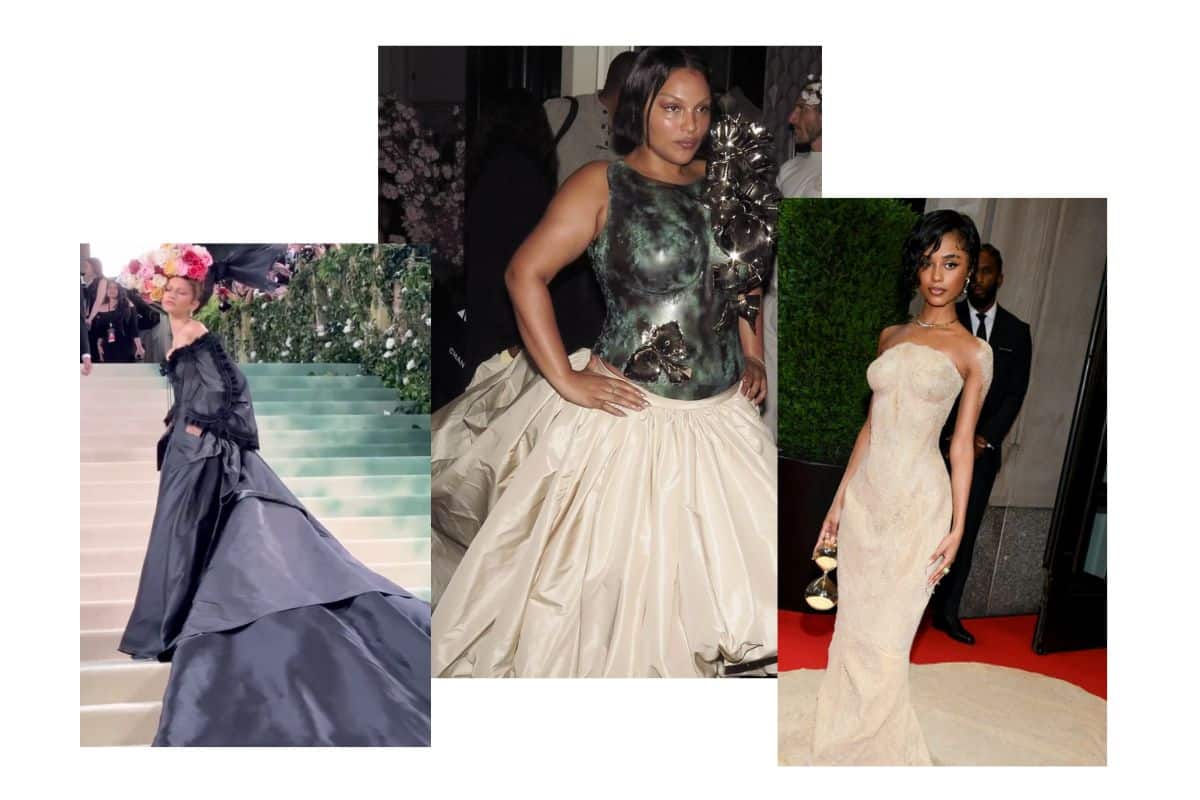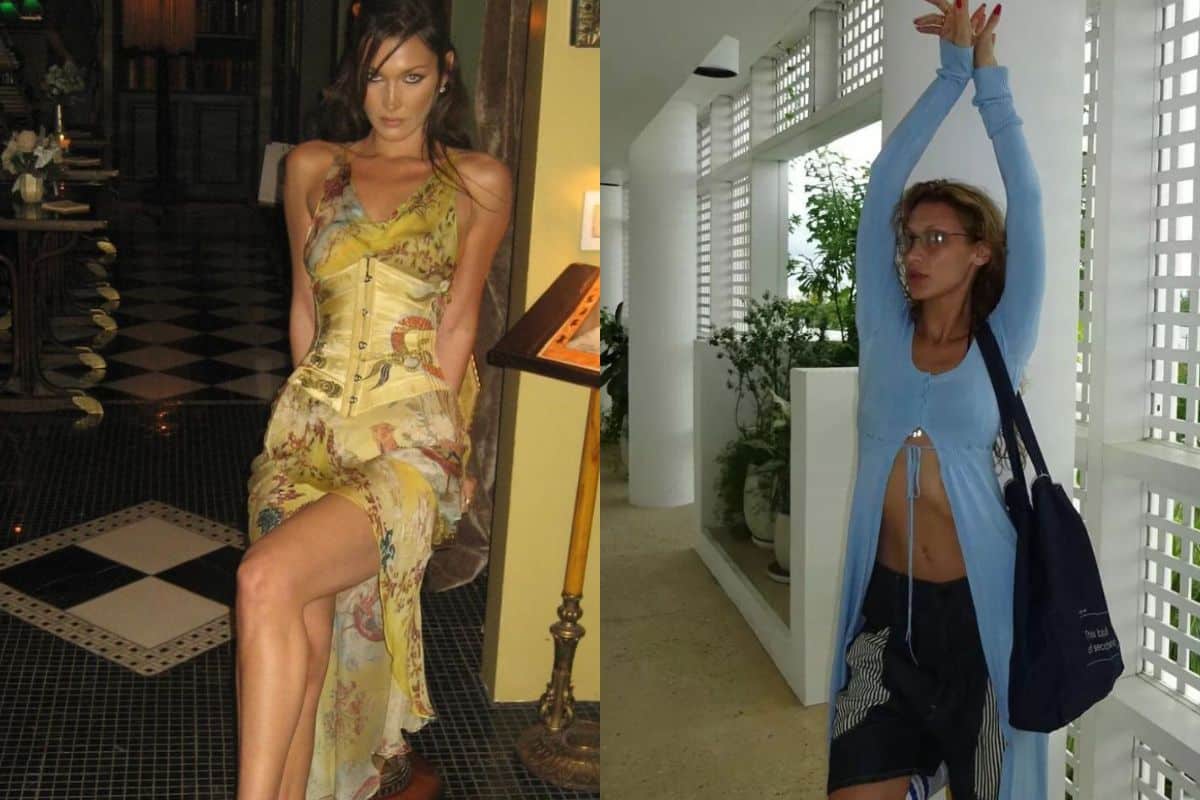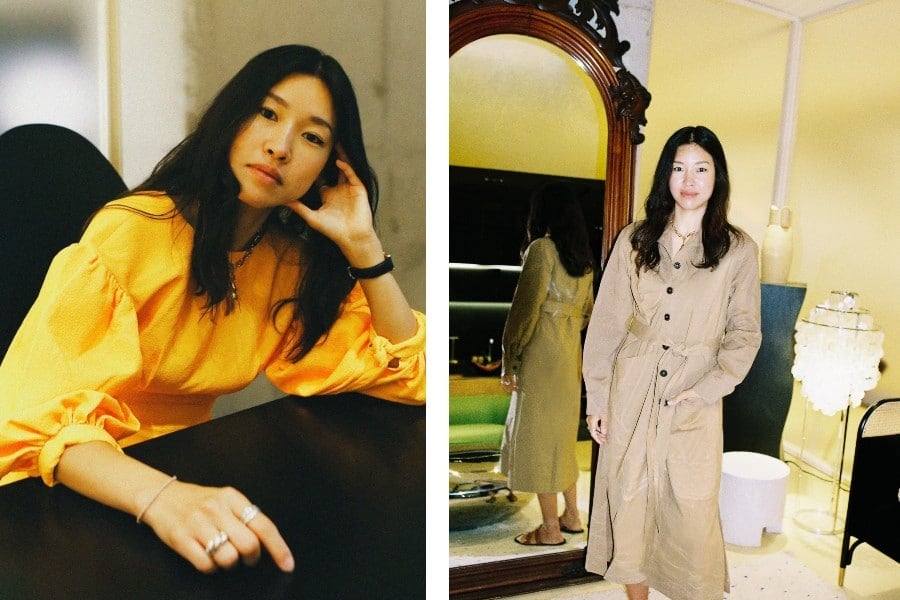
She’s the Korean-born, Central Saint Martins graduate that has quickly grown to become one of today’s most popular modern designers in just 6 short years. London-based Rejina Pyo makes the clothing we all want to wear, every day, on repeat. Her timeless, quietly confident and pared-back designs are for the women (and men) who make it their own – creative, strong, intelligent and empowered.
With a love of forever vintage and creating pieces that still feel fresh and relevant, Pyo wants to make the person wearing her designs feel special. “We have always designed clothes to be worn in everyday life, now more than ever this is so important.”
A sophisticated signature with unique detail. Here we chat with Pyo on her design process, early influences and the biggest lessons learnt since creating her eponymous label.
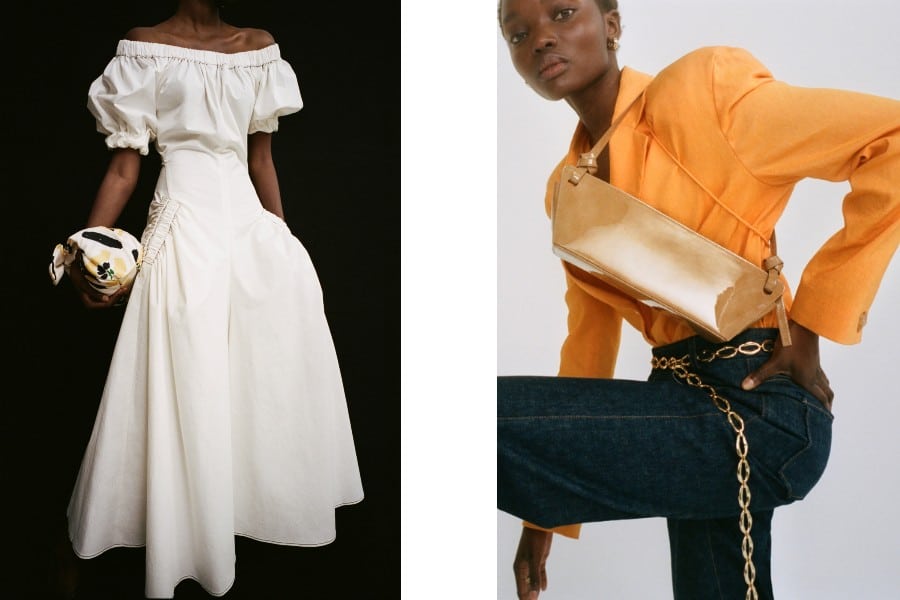
Your clothing is often grounded in reality, why is it important to design for the everyday and not fantasy?
I love the ritual of everyday dressing, expressing yourself and your mood through what you wear. We have always designed clothes to be worn in everyday life, now more than ever this is so important. We want to make the person wearing our designs feel comfortable, confident, and a little bit special.
Is your love of vintage clothing the inspiration for your powerful and timeless design?
I am a big collector of vintage pieces, my usual wardrobe is mixing vintage and my own pieces. I love the quality and uniqueness of vintage pieces, they weren't designed to be disposable, they were designed to last and to be cherished. I design with the same principles in mind. The advantage and challenges of a modern designer are to use sustainable fabrics and resources and to experiment with things like colour, texture, and silhouette to create pieces that feel fresh and relevant, as well as timeless for our customer.
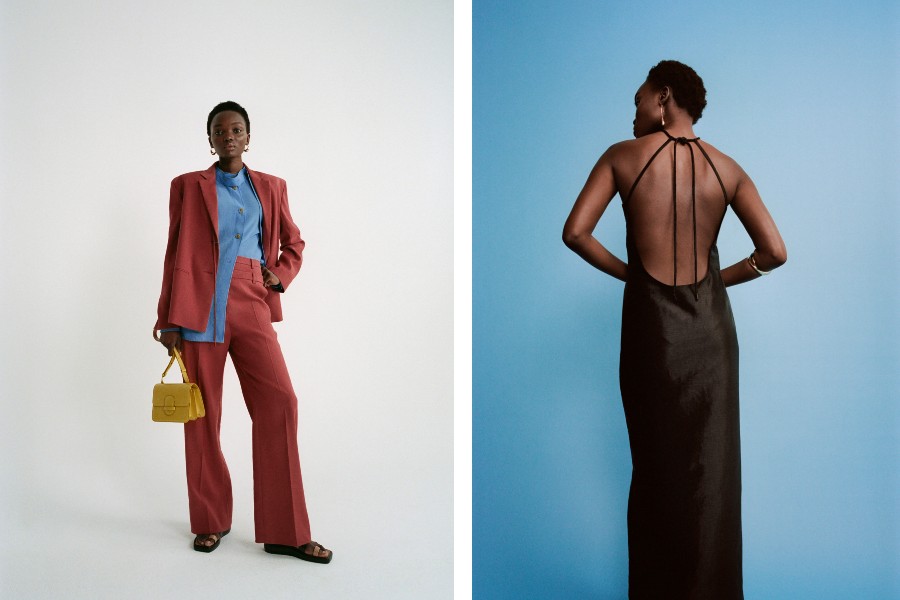
What prompted you to introduce unisex pieces into your Spring Summer 20 collection?
This range is something I have wanted to do for a long time, we were getting so many requests from our husbands, boyfriends, friends, and stockists to create Rejina Pyo designs in men’s sizing...
I feel there is something so chic about wearing pieces traditionally designed for the opposite gender, like a tailored men's suit on a woman or a bold printed blouse on a man... this is what we are looking to express through the range.
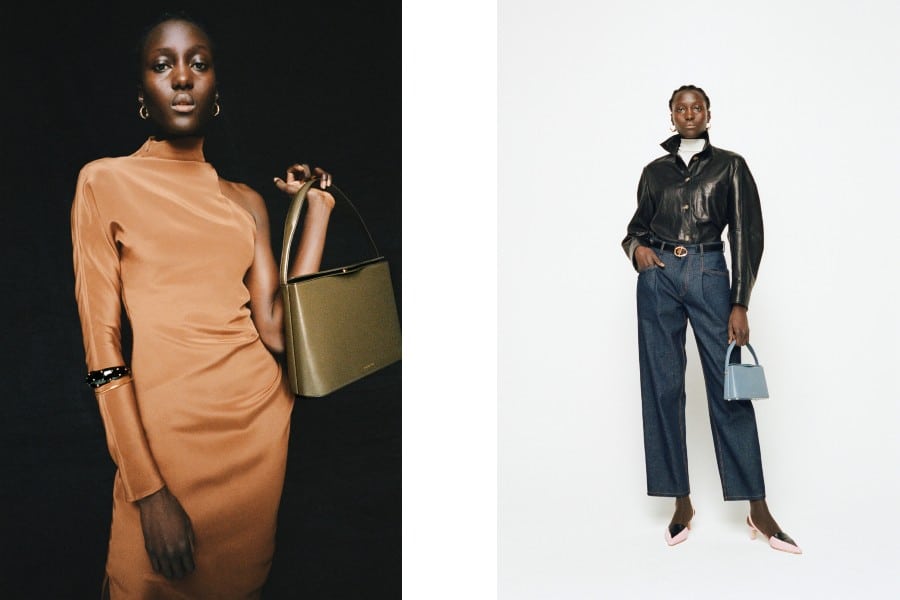
What was it like to develop your Resort 2021 collection during quarantine?
It all feels so normal now, but in the beginning, it was a big adjustment to design with my team remotely, however, I was very proud of how quickly we adapted. We kept everyone on full time throughout lockdown which was so important to us, and we used this as an exercise to rethink how we operate. I do think you can tell through the RS21 and SS21 collections colours and patterns that I was definitely fantasizing about a time where we can travel again one day!
What has this year been like for you, how do you stay creative and motivated?
I have barely stopped moving since we started the brand over 6 years ago, I think it has been a secret blessing for me in a way to slow down and spend time doing things I haven’t had time to do in a long time, like reading… and spending a lot of quality time with my family. I have drawn a lot of inspiration from old art books and by bringing joy to the person who might be wearing the clothes.
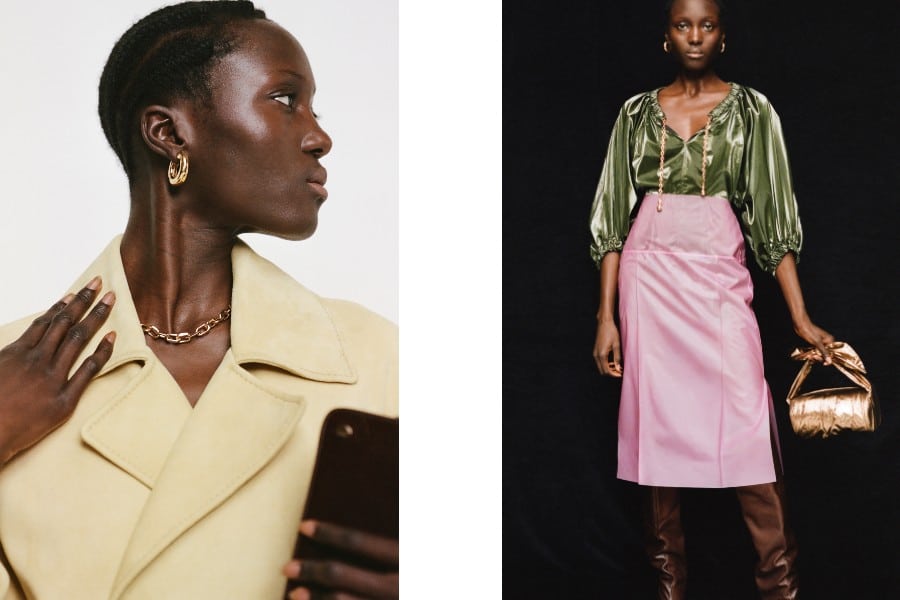
Can you walk us through your process when designing?
Every season begins with a folder of mood images, photographs we have taken, artwork, etc. I discuss with the team the direction that I want to take for the season, and we discuss feedback from previous seasons and any new ideas we want to bring in. Feedback from my team and customers is really important to me, but I always need to push myself to do something new, I move on to new ideas quickly.
Let’s talk about the beginning, how did you start your career?
I decided to risk everything and move to London to attend Central St Martins for my masters, to me this is the school all the top designers went to. I had really positive feedback from my graduate collection, and it had always been my dream to have my own brand, so really I just went for it, and although it has been a crazy amount of hard work, what we have managed to achieve I am extremely proud of.
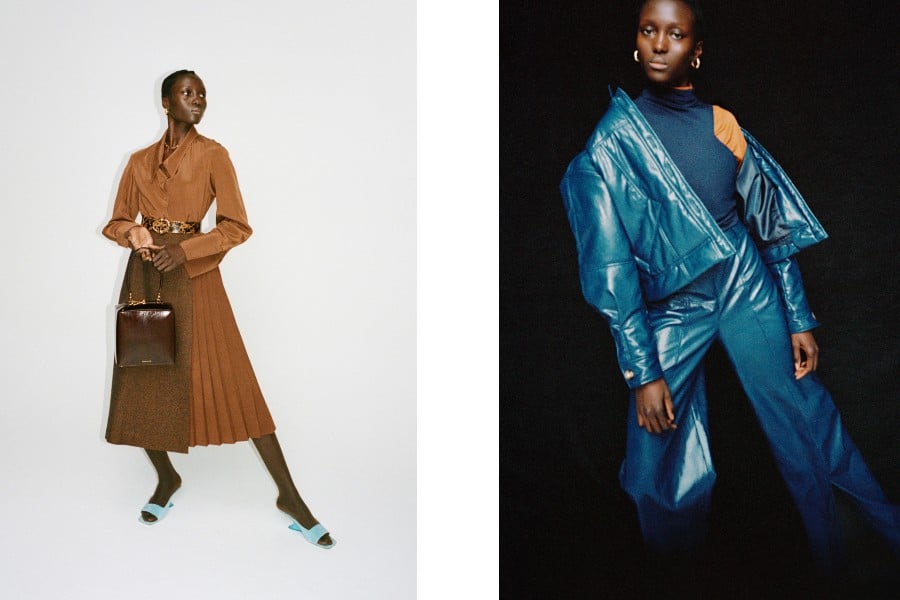
Who were your early influences?
My mother worked as a designer when I was younger, she is what first inspired me to learn how to sew and sketch and make my own designs. My tutor Louise Wilson at Central St Martins helped push me to become the kind of designer I wanted to be.
What has been the best career highlight so far?
There have been so many, but I still get goosebumps when I see someone wearing Rejina Pyo on a regular day, in a shop or a market... There is no feeling like it.
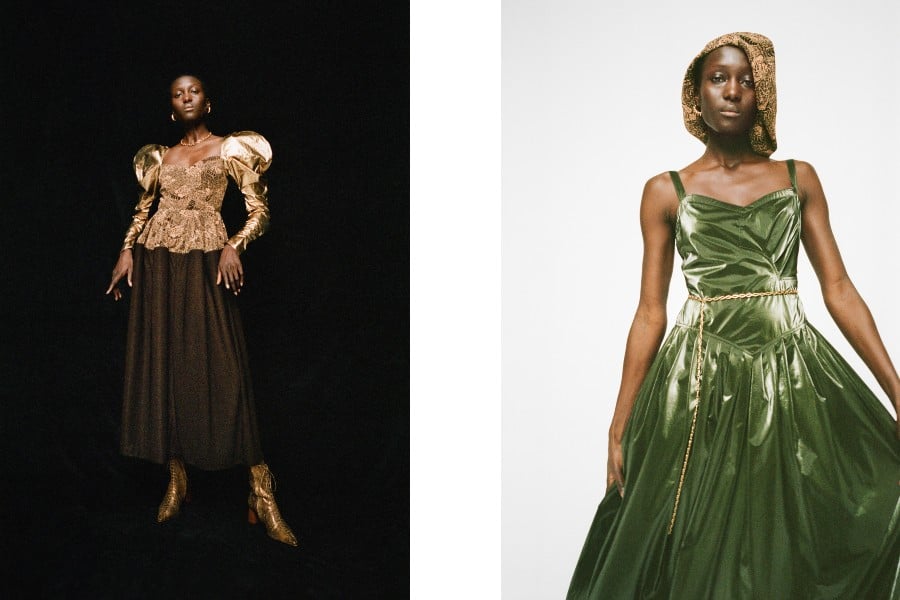
What have been some of the biggest lessons since creating your eponymous label?
That design school does not prepare you properly for the business side of things, there are so many things I didn’t know about in the beginning. You really have to be your own PR, accountant, production manager, logistics, and salesperson when you start… these are all things you need to learn in the beginning.
Are you afraid of anything?
I suppose as a mother I am constantly aware of my child and their safety, but I try not to be consumed by fear in life.
Our recent issue is themed ‘joy’, what brings you joy?
Normally I would say lying on the beach in the sun with my family… but recently dancing in the kitchen with my husband and son to 80’s music and cooking...perhaps with a margarita!
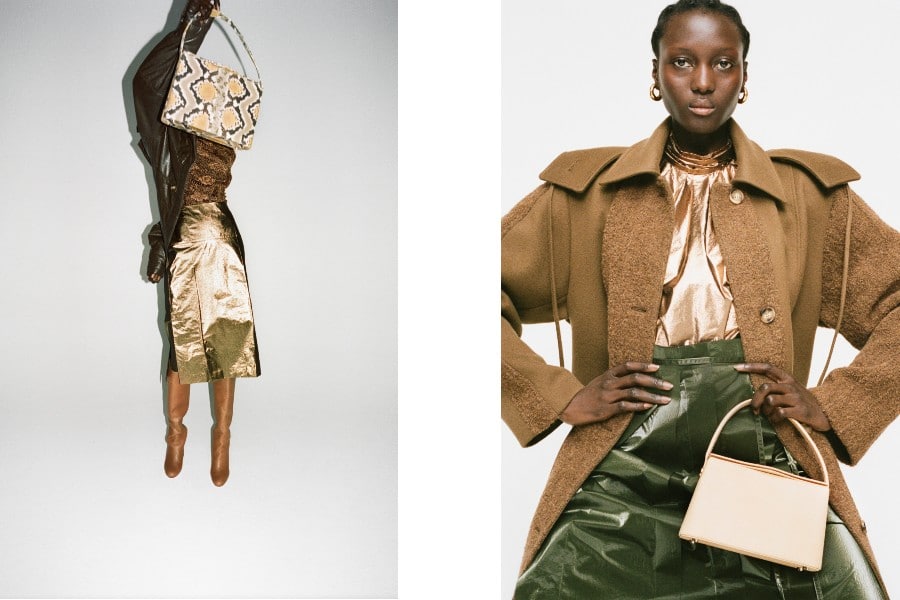
What makes you feel courageous?
That's an interesting one - I don't often say to myself "I feel so courageous!" But I suppose I do like pushing myself out of my comfort zone, trying out things in both my work and personal life that I have not done before, and that is a form of courage.
What’s next for Rejina Pyo?
We have just launched our range of upcycled small accessories - face coverings, scrunchies, eye masks, and cardholders. These have all been made from deadstock archive fabrics that have been upcycled. It is very exciting.
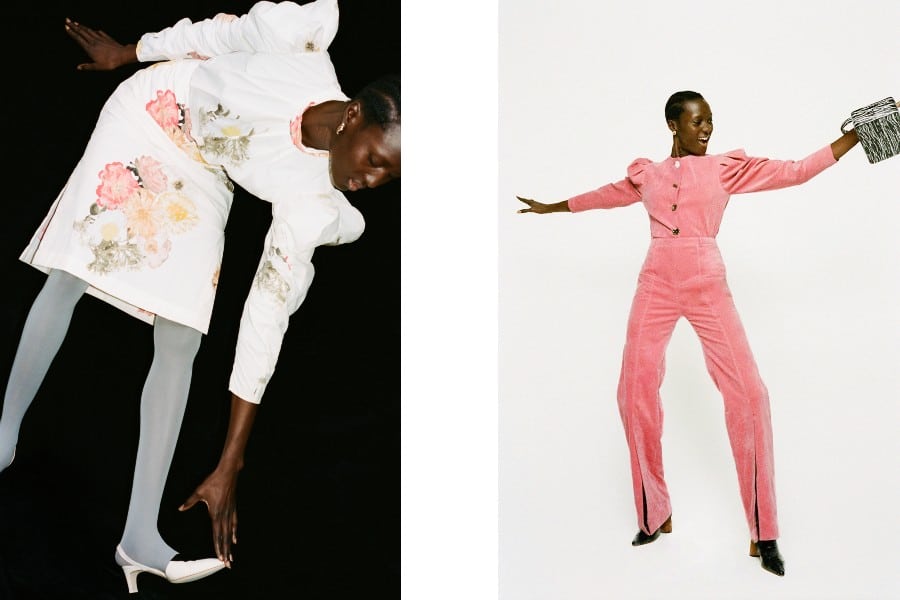
For more designer favourites, don't miss our interview celebrating 10 years of Christopher Esber and Nensi Dojaka - everything you need to know about the 'it' label.

